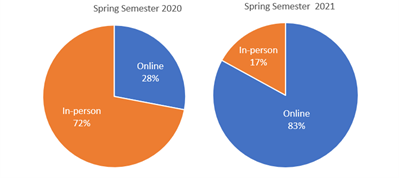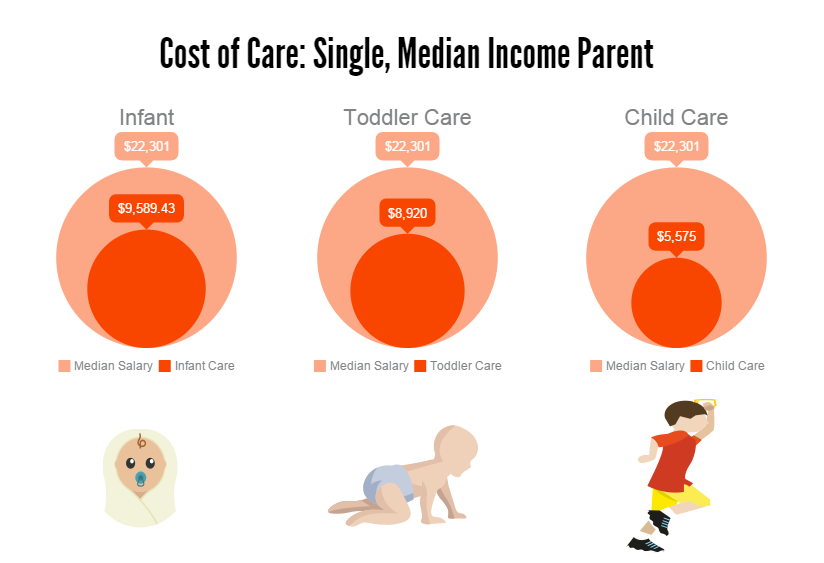MCA Staff Spotlight: Rita Furlow
Rita Furlow, Senior Policy Analyst at the Maine Children's Alliance (MCA), is celebrating 11 years of dedicated service to improving the lives of children and families across Maine. Since joining the organization in 2013, Rita has played a pivotal role in shaping policies that address the needs of Maine’s youngest residents, working tirelessly to ensure that every child in the state has access to essential services and opportunities for success.
As a result of Rita’s focus on advocacy for policies that support children's development, health, education, and overall well-being, she has long been a key player in state-level policy discussions. Rita’s expertise and commitment have been instrumental in advancing MCA’s mission, particularly in the areas of early childhood development, health care access, and education reform.
Rita’s commitment to social justice can be traced back to her academic roots and early career. Rita grew up in Maryland and is a graduate of Randolph-Macon Woman’s College and Vermont Law School. These experiences allowed her to explore the intersection of public policy, law, and politics. Her academic background helped shape her perspective on how policies affect vulnerable groups, particularly children. This passion for social change became the driving force behind her professional choices.
As a young professional, Rita gravitated toward roles that allowed her to influence public policy at both the grassroots and governmental levels. Early in her career, she worked both inside and outside of government, working in the Virginia State Senate, a Congressional office, and at a political consulting firm. After moving to Maine in the 1980s, she served as Special Assistant to Maine’s Attorney General. Following law school, she focused on special education and disability law. Rita advocated for children as the Executive Director of the Learning Disabilities Association of Maine and in private practice. She also served as an Advocate for adults with intellectual disabilities in the state’s Office of Advocacy.
These experiences exposed her to the complex issues affecting children and families, from health care disparities to education inequities, and fostered a deep understanding of how policy can either support or hinder child development.
MCA Executive Director Ashleigh Barker praised Rita’s contributions: "A true champion for children, Rita’s work is driven by compassion, intelligence, and an unwavering commitment to justice. Her ability to turn policy into real, meaningful change for families has set her apart as a leader. She doesn’t just talk about making a difference—she does it. We’re incredibly fortunate to have her as part of our team."
Over the past decade, Rita has spearheaded numerous initiatives aimed at improving outcomes for children and families, particularly those in underserved communities. She has been involved in advocating for expanded access to child care and public preschool and supporting the creation of early childhood education programs, such as the Early Childhood Consultation Partnership, First 4 ME, Help ME Grow, and the Child Care Affordable Program. She has also advocated for better access to health care services for children and families, particularly related to maternal and child health issues. Most critically, her work has extended to influencing state budget decisions, ensuring that public resources are allocated to the programs that have the most significant impact to children and families.
Reflecting on her time with MCA, Rita expressed both gratitude and continued determination:
Advocating for public policy changes, particularly at a system level, requires a willingness to commit to the long game. The most difficult part of child advocacy is the frustration of not always being able to make the kind of change that children and families need right now. Also, one of the most important elements of advocacy is relationships because you can’t do this work alone. You need good relationships with partner organizations, lawmakers, and administrators. You also need good relationships and proximity to the children and families that you are representing. Their priorities and voices should always be leading the way forward to change. And it is their needs that will sustain your passion for change. Finally, being a child advocate takes persistence. When it comes to policy change, we usually never get everything we want, so we can’t give up, we can’t quit, and we need to go back for as long as it takes to get the job done.
Rita’s tenure has been marked not only by her policy expertise but also by her deep compassion for Maine’s most vulnerable children. Her colleagues describe her as a tireless advocate, always willing to go the extra mile to ensure that the needs of children are at the forefront of decision-making in Augusta.
As Rita embarks on her 12th year at the Maine Children’s Alliance, she remains focused on the challenges ahead. With growing concerns about child care accessibility, disparities for children with disabilities, and the ongoing impacts of the COVID-19 pandemic on children’s development and mental health, her leadership will continue to be essential as MCA works to influence policies that shape the future of Maine’s children.
Her work at MCA has left an indelible mark on the state’s approach to the health, safety and well-being of children in Maine, and her next chapter promises to bring even greater impact to Maine’s children and families.






